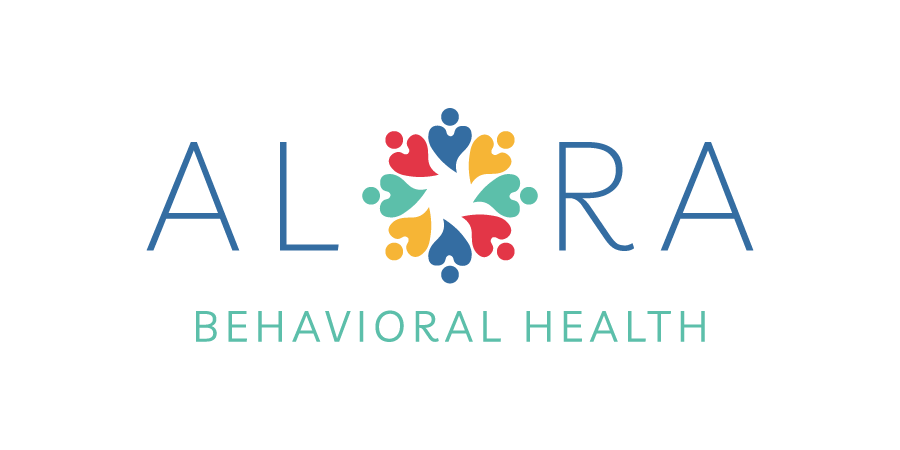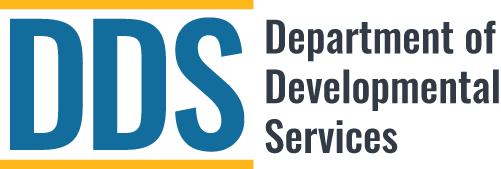Raising a child with developmental disabilities is a unique journey that presents its own set of challenges and rewards. As parents, caregivers, or family members, it’s crucial to understand that the needs of these children evolve over time. The ongoing support and appropriate adjustments made along the way play a pivotal role in promoting their overall well-being. In this article, we will explore how your child’s needs may change as they grow and provide insights into effectively meeting their evolving requirements.
Early Childhood: Building Foundations
During the early years of a child’s life, developmental disabilities may become apparent or be diagnosed. This stage is crucial for building the foundation of support, as early intervention can significantly impact long-term outcomes. Here are some key considerations:
- Therapeutic Services: Early intervention programs, such as occupational therapy, speech therapy, ABA Therapy, or physical therapy, can help address specific developmental delays or behavioral challenges. These interventions aim to enhance communication, motor skills, social interactions, and cognitive development.
- Individualized Education: Collaborating with educators and specialists to develop an individualized education plan (IEP) ensures that your child’s unique needs are addressed within the educational setting.
- Supportive Environment: Creating a nurturing and inclusive environment at home and in the community fosters a sense of belonging and support for the child.
Transition to School Age: Enhancing Independence
As your child transitions to school age, their needs evolve as they navigate new environments, social interactions, and educational challenges. Consider the following aspects:
- Inclusive Education: Advocating for inclusive education and ensuring that your child receives appropriate accommodations, support services, and specialized instruction to facilitate their learning and social integration.
- Social Skills Development: Encouraging participation in social activities, clubs, or groups tailored to their interests, where they can develop social skills, build friendships, and boost their self-confidence.
- Self-Help Skills: Promoting independence and self-help skills, such as dressing, feeding, personal hygiene, and organization, can empower your child to handle daily activities with minimal assistance.
Adolescence: Preparing for the Future
The teenage years mark a significant period of transition as your child develops a stronger sense of self-identity and prepares for adulthood. Addressing the following areas can support their development:
- Vocational Training: Exploring vocational training opportunities, internships, or job shadowing experiences can help your child develop skills and interests that align with potential career paths.
- Independent Living Skills: Fostering independence in activities such as budgeting, meal planning, household chores, and transportation can prepare your child for future independent living.
- Self-Advocacy: Encouraging self-advocacy skills empowers your child to express their needs, make informed decisions, and actively participate in planning their future.
Adulthood: Continuing Support and Community Engagement
Even as your child transitions into adulthood, their needs for support and engagement persist. Consider the following aspects:
- Post-Secondary Education: Exploring post-secondary education opportunities, such as college, vocational programs, or specialized training, can enable your child to pursue their passions and enhance their employment prospects. To see our Campus Life Program, click here: https://alorabh.com/services/campus-life/
- Employment Support: Collaborating with vocational rehabilitation services, disability support agencies, or employers who embrace diversity can help your child secure meaningful employment and ongoing support if required.
- Community Connections: Encouraging participation in community activities, recreational programs, and support groups can help your child build social connections and maintain a fulfilling lifestyle.
Understanding the evolving needs of a child with developmental disabilities is vital for providing appropriate support and ensuring their well-being at each stage of life. From early intervention and educational support to fostering independence and preparing for adulthood, recognizing that your child’s journey is unique and requires individualized care and attention. At Alora, we are here to support families through all of these different stages of life. Our team of dedicated professionals is committed to providing comprehensive services and resources to meet the evolving needs of children with developmental disabilities. Whether it’s early intervention programs, educational support, vocational training, or community engagement, we are here to guide and assist you every step of the way.
To learn more about our services and how we can support your child’s development, we invite you to fill out our intake form on our website or by clicking here: https://alorabh.com/intake-form/
Our team will be in touch to discuss your child’s specific needs and help you navigate the available resources and programs. Together, we can create a nurturing and inclusive environment that empowers your child to thrive and reach their full potential.


